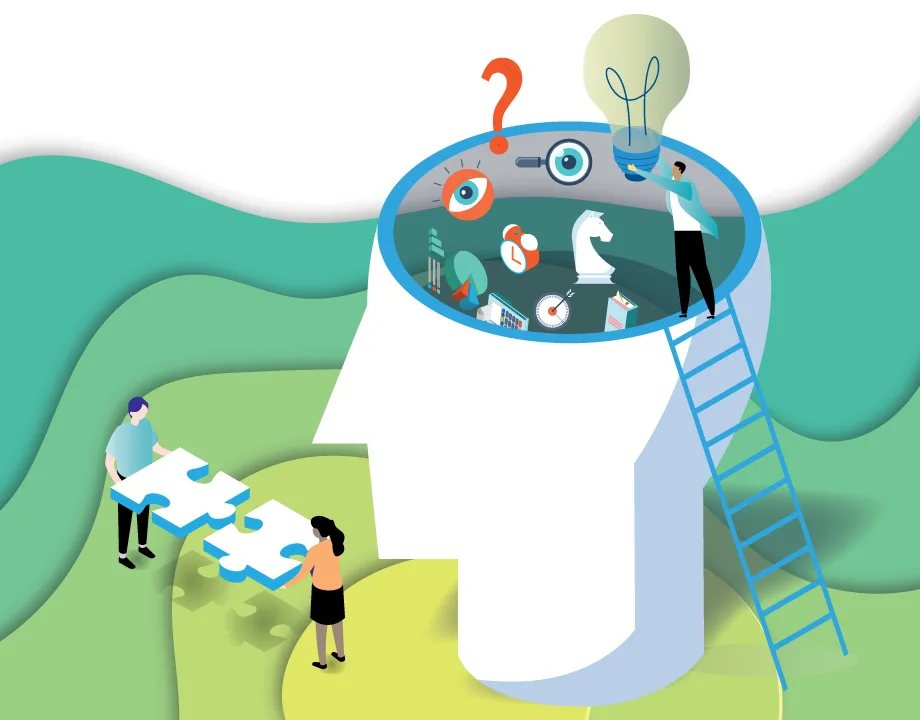Equity vs. Equality: Addressing Our Differences
Equity vs. Equality: Addressing Our Differences


ASME is dedicated to promoting equity in all that we do. Equity ensures fair and impartial treatment, access, opportunity, and advancement for all people.
To advance equity in the workplace, we must understand the difference between equity and equality. Although equity and equality may sound similar, in practice they are very different. Equality suggests providing everyone with the same resources and opportunities regardless of their differing needs. Equity, in contrast, acknowledges and addresses these differences.
For example, individuals from historically underrepresented groups, or individuals with disabilities, may have different needs from their peers. Achieving equity requires the identification and elimination of barriers to full participation and the correction of imbalances that disadvantage some groups. This is outlined in our society’s policies.
This commitment extends to providing reasonable accommodations for individuals with disabilities, ensuring respectful restroom access based on gender identity, and considering the needs of non-English speakers in our policies and event planning.
ASME has many initiatives in place with the purpose of advancing equity. We provide funding for childcare for parents attending some ASME conferences. We consider the students' financial need when awarding scholarships. Recently, we also changed the eligibility of some of our scholarships to make them available to more people, including more students attending historically Black colleges and universities (HBCUs). These efforts underscore our ongoing commitment to fostering a diverse and inclusive community within mechanical engineering, driving innovation and excellence to benefit humanity.
Thomas Costabile, P. E., FASME
Executive Director/CEO
To advance equity in the workplace, we must understand the difference between equity and equality. Although equity and equality may sound similar, in practice they are very different. Equality suggests providing everyone with the same resources and opportunities regardless of their differing needs. Equity, in contrast, acknowledges and addresses these differences.
For example, individuals from historically underrepresented groups, or individuals with disabilities, may have different needs from their peers. Achieving equity requires the identification and elimination of barriers to full participation and the correction of imbalances that disadvantage some groups. This is outlined in our society’s policies.
This commitment extends to providing reasonable accommodations for individuals with disabilities, ensuring respectful restroom access based on gender identity, and considering the needs of non-English speakers in our policies and event planning.
ASME has many initiatives in place with the purpose of advancing equity. We provide funding for childcare for parents attending some ASME conferences. We consider the students' financial need when awarding scholarships. Recently, we also changed the eligibility of some of our scholarships to make them available to more people, including more students attending historically Black colleges and universities (HBCUs). These efforts underscore our ongoing commitment to fostering a diverse and inclusive community within mechanical engineering, driving innovation and excellence to benefit humanity.
With thanks and regards,
Thomas Costabile, P. E., FASME
Executive Director/CEO




